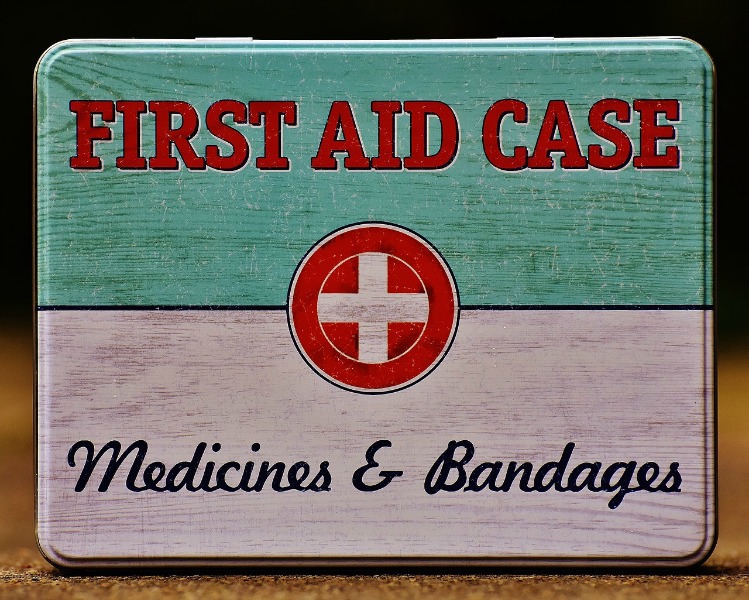You’ve seen them all over the place.
White boxes with red crosses on their covers. They have Band-Aids, alcohol swabs, maybe some aspirin or Tylenol. And if you’re lucky, even an instant ice pack. Everything you could need for a (minor) physical emergency.
But when was the last time you saw one of those for taking care of a mental health emergency? For the stressors that come our way?
Picture it: a blue box with a little image of a brain on the cover.
Okay, maybe that’s not as aesthetically appealing as the white with red crosses. That’s not the point.
We hear all the time how important it is to take care of ourselves. And taking care of our mental health is just as critical as taking care of our physical health. Being armed with good coping skills will make it possible for you to not only reach your goals, but stay at the top of your game.
The sooner you put good practices into place, the easier they are to apply when you need them.
Here are some very simple techniques to get you started:
– Take a moment to identify something you’re grateful for. Aim for at least three small items, twice a day. Your morning cup of coffee, or your hot shower after your workout, or the lovely pattern the sunshine makes under a tree.
– Be as generous as possible in thought, deed, and attitude. That person who cut you off on the road? Let’s hope they were rushing to get to their wife who is in labor, rather than immediately thinking, “What a jerk.”
– Get to know yourself: what works for you, and what doesn’t. How do you want to live? What makes you happy? What’s important to you?
– Be flexible. There is nothing worse than hearing, “We’ve always done it this way, so we can’t do it differently now.”
– Try to keep in mind that this, too, shall pass. We notice the tough stuff, but often forget to notice when the tough stuff comes to an end. And it will come to an end.
What about when you need more immediate assistance?
As simple as it sounds, it is helpful to just breathe. Take a few slow, thoughtful breaths. Taking a time-out allows us to decide how we want to respond, and what steps we want to take next.
Step back, literally. Move your feet and step back a little bit. In taking a step away from a difficult situation we allow our brains to settle down and take a fresh look at the situation.
Remind yourself of times when you have faced other trials and tribulations. If you overcame that, you can overcome this. Problems always feel bigger when you’re in the middle of them.
Get support. That can mean spending time with a friend you can talk openly with, or hiring an expert to help you with whatever your trouble area is. A burden shared is a burdened lightened.
We all face challenges, and we all struggle at times.
The important thing to remember is that we can arm ourselves now for whatever comes later. We have choices about how we manage these obstacles when they show up. There are tools and techniques we can use. Those curveballs don’t have to knock us off track and leave us floundering.
If you make a
point to practice your coping skills now, then when you do have to reach for
that blue box with the brain graphic on the cover, it will be full…instant ice
pack and all.


